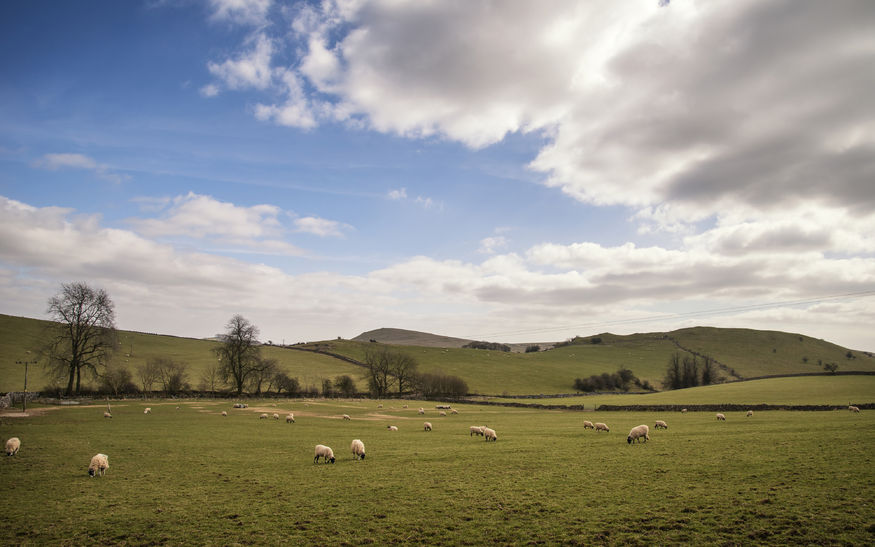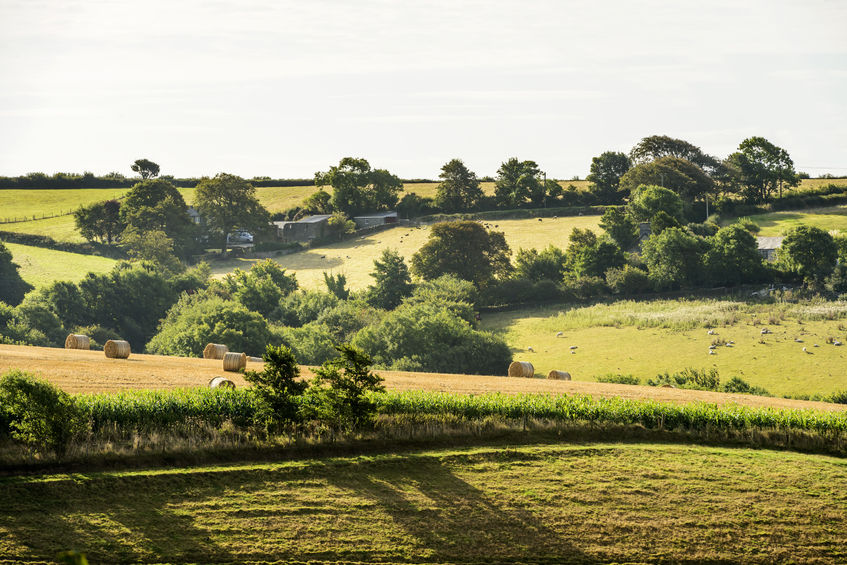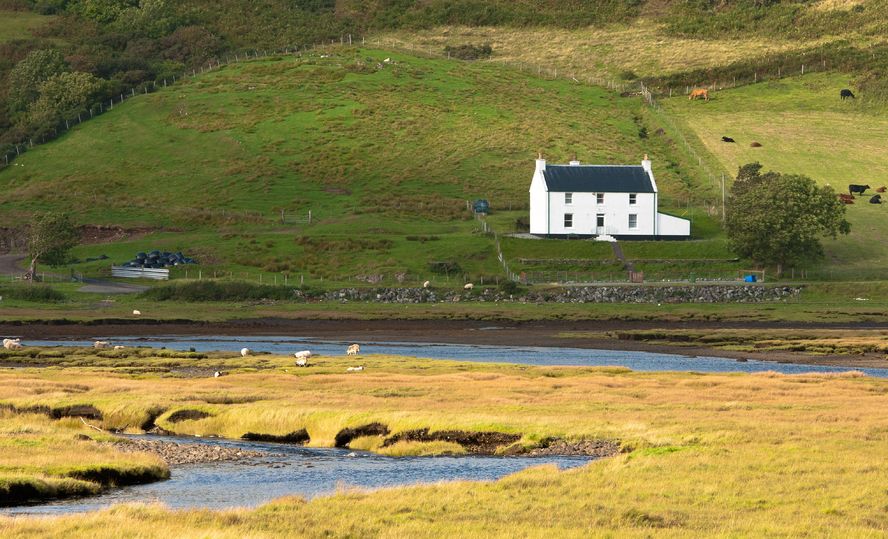
A new report released today argues that farming in England needs to become more diverse to prove environmentally resilient and publicly accessible over the coming years.
The 'New model farming: resilience through diversity' is the first in a series of ‘Food and Farming Foresight’ papers from the Campaign to Protect Rural England (CPRE).
It argues that a more diverse sector - in demographics, farm size and production – would forge a more resilient future that offers rewards beyond food: better kept landscapes, clean water, abundant wildlife, better flood management and improved carbon storage.
It also argues that a post-Brexit settlement along these lines would make clearer the public benefits of huge public investment in farming.
The paper suggests that Government should attempt to reverse narrow trends of industrialisation and short-term efficiency that have long inflicted damage on vital natural assets - from landscapes and wildlife to soils and water.

Damage to soil is estimated to cost £1.2 billion a year, while populations of farmland birds in England have more than halved in the past 40 years.
To arrest this decline in diversity across the sector, CPRE argues that Government should address the bias in policy towards larger farms through the tapering of public funding to benefit smaller farmers.
It is currently thought that around 80% of the Common Agricultural Policy (CAP) payment goes to the 20% largest businesses.
With 34,000 fewer farms in the UK than there were a decade ago, CPRE also suggests that more land should be made available to new groups of farmers and communities.

'Larger farms and less connected'
Graeme Willis, food and farming campaigner at the Campaign to Protect Rural England (CPRE), said the Government has a "great opportunity" post-Brexit to determine what farming and the English countryside will look like.
"Do we really want to continue the pattern of ever larger agri-business, less connected to communities and out of kilter with nature?" said Mr Willis.
"To forge a more resilient future, the Government should encourage a mix of farms that produce different foods for local people and varied, thriving landscapes.
"The obvious place to start is by redirecting funding to help smaller, more innovative and mixed farms, and by making land available for new farmers to enter the market."
Minette Batters, deputy president of the NFU - which has launched a month-long consultation of its members on post-Brexit farming policy - said the UK had "incredibly diverse farmers".
"What we cannot say is that big is bad, or small is good", she said.
"The point is we have a very diverse food and farming landscape in this country that the consumer benefits from."
She added: "Farms doors are open, the public can see what is going on and I really do not think we have industrial farming."
The size of the farm - does it matter?
The CLA, which represents farmers and landowners, said the CPRE is the latest organisation to provide an "important insight" into the "challenge faced by all those that care about the future of a living and working countryside."
"However there is a confusion within their message about where support needs to be targeted, the size of a farm does not predetermine whether it is achieving good or bad outcomes for consumers or the environment," CLA President Ross Murray said.
"What matters is the production of high quality affordable food for the UK population and a strong export market at the same time as improving our natural environment.
"When it comes to achieving vital environmental objectives, size often matters.
"Whether it means improving water quality, which often has to happen at the level of a whole river catchment, or increasing farmland bird populations across miles of open countryside.
"The investments required need to take place over large tracts of land and so the levels of investment necessary are the same irrespective of who they are paid to. What matters is the outcome.
The CLA says it does not support CPRE’s objective of using future farm policy to "pursue an agenda about breaking up landownership", because it "would risk severely undermining investment in productive agriculture and the environment just when it is most needed."
